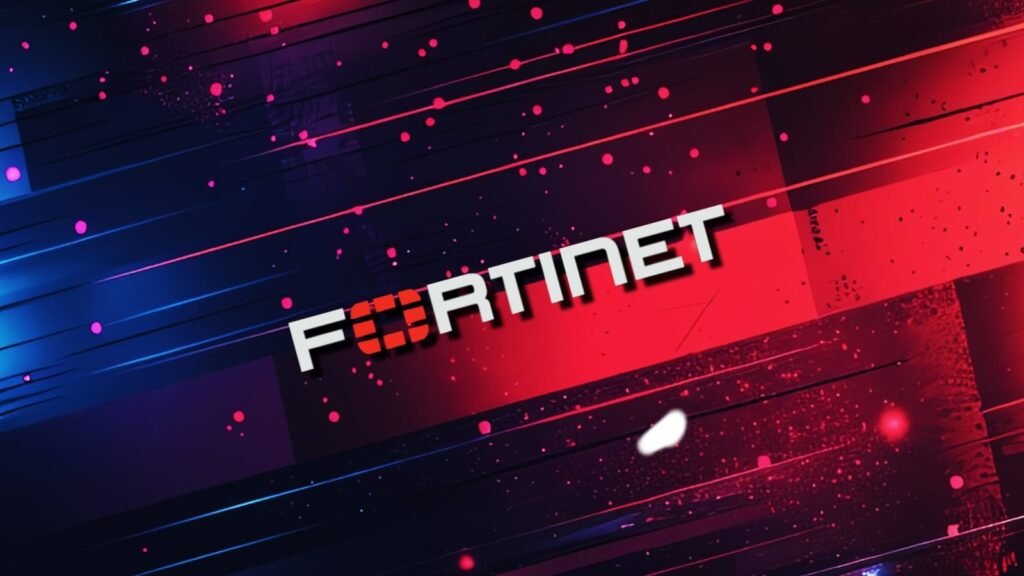FACT CHECK: SSS has no ongoing scholarship program

SUMMARY
This is AI generated summarization, which may have errors. For context, always refer to the full article.
Claim: The Social Security System (SSS) posted an application link for its 2024 scholarship program offering elementary, high school, and college students allowances of up to P10,000.
Rating: FALSE
Why we fact-checked this: The claim was uploaded on the Facebook page “Philippine Scholar,” which has been previously fact-checked by Rappler for disseminating false information on student aid supposedly from government agencies.
The post claims that the 2024 SSS scholarship program offers P4,000 for elementary students, P6,000 for junior high school students, P8,000 for senior high school students, and P10,000 for college students.
The post also included a link to an unverified website where applicants are asked to provide their personal information such as name, email, and phone number.
While the post was dated January 17, it continues to receive comments and engagements from Facebook users inquiring about the program. As of writing, the post has received 76 reactions, 224 comments, and 12 shares.
Additionally, the website for the supposed application is still actively posting unverified scholarship programs from various public officials and agencies.
The facts: SSS does not offer the alleged scholarship program, the state-owned social insurance agency said in an advisory on January 18.
“Walang ongoing scholarship program ang Social Security System para sa mga miyembro at benepisyaryo nito, o maging sa publiko. Huwag maniwala sa mga balita, post o private messages sa social media na nag-aalok nito,” the advisory read.
(The Social Security System has no ongoing scholarship program for its members and beneficiaries, or even for the public. Do not believe the news, posts, or private messages on social media that offer this.)
SSS also warned the public that these misleading posts are likely schemes that may put their personal data at risk.
For SSS-related concerns, the public is advised to direct their inquiries to the official SSS channels or through their verified support ticket system, the uSSSap Tayo Portal.
Educational assistance: What SSS offers is the Educational Assistance Loan Program (EALP), a short-term member loan program for eligible SSS member-borrowers intended to defray educational expenses for undergraduate degrees and technical or vocational courses.
According to the EALP application form on the SSS website, the maximum loanable amount is P20,000 per academic term, or a maximum allocation of P160,000 and P200,000 in full allocation for four and five-year degree programs, respectively.
Meanwhile, qualified member-borrowers may apply for a maximum amount of between P40,000 and P60,000 for vocational or technical courses.
The loan program is funded by both the national government and SSS. To apply, individuals must submit an accomplished EALP application form and supporting documents to the nearest SSS office.
Debunked: Rappler has published several fact-checks about fake scholarship programs allegedly from government agencies:
- FACT CHECK: DepEd doesn’t offer up to P10,000 scholarship via online forms
- FACT CHECK: Link for CHED-UniFast scholarship is fake
- FACT CHECK: DOLE-NLRC has no scholarship program
Official accounts: For official updates on the programs and services of SSS, refer to its official website, X (formerly Twitter), Facebook, Instagram, TikTok, and YouTube accounts. – Larry Chavez/Rappler.com
Larry Chavez is a graduate of Rappler’s fact-checking mentorship program. This fact check was reviewed by a member of Rappler’s research team and a senior editor. Learn more about Rappler’s fact-checking mentorship program here.
Keep us aware of suspicious Facebook pages, groups, accounts, websites, articles, or photos in your network by contacting us at factcheck@rappler.com. Let us battle disinformation one Fact Check at a time.
Add a comment
How does this make you feel?
Be the first to write a comment.




There are no comments yet. Add your comment to start the conversation.